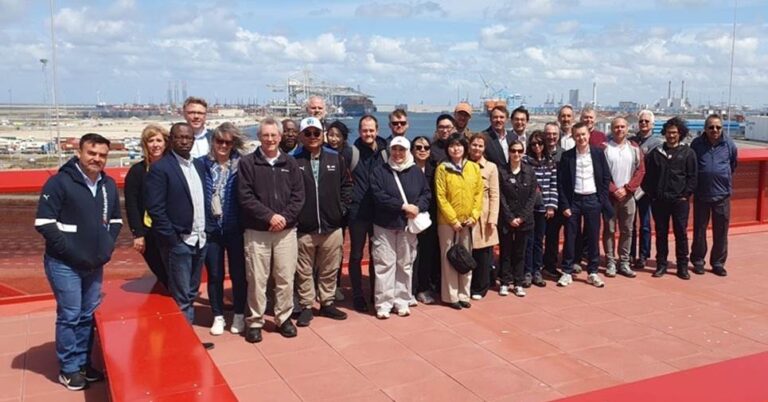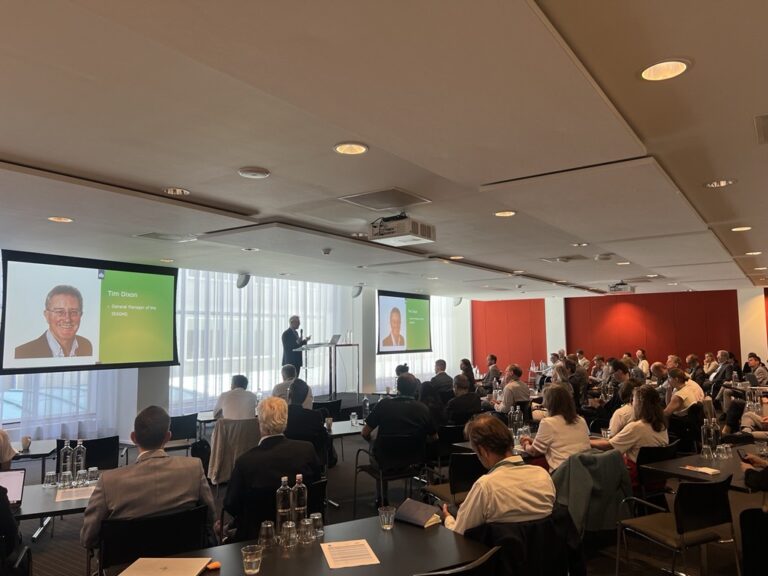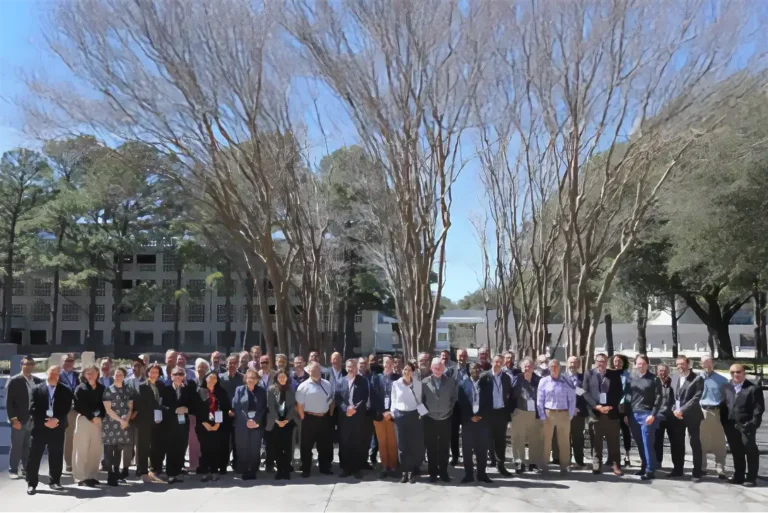
Heartland US CCUS Forum
4 February 2021


On the 28th January 2021, the Kansas Geological Survey and the Regional Carbon Capture Deployment Initiative (along with the Great Plains Institute) held the fourth Heartland US CCUS Forum (previously called the annual CCUS in Kansas Conference), an open-forum event series to discuss ideas and issues related to the regional CCUS industry. The forum looked at the growing momentum for project development and economic opportunities for state economies, sustainable job growth and infrastructure development, and legal and regulatory changes that could enable the growth of the CCUS space.
The event kicked off with an update on Kansas, where CCUS is a growing and viable industry; in the state, there are large point sources of CO2, rapid development of renewable energy, abundant subsurface data (abundant reservoirs), a mature oil and gas industry (therefore potential for EOR), and a mature underground injection industry. Factors such as these will help enable commercial-scale CCUS in Kansas, and it is encouraging to see that the US Department of Energy (DOE) are funding lots of research in this area.
Seven states – Kansas, Louisiana, Maryland, Montana, Oklahoma, Pennsylvania and Wyoming – signed a MoU (Memorandum of Understanding) in 2020 expressing a commitment to establish and implement a regional CO2 transport infrastructure plan. The states are working together to formulate an action plan on CO2 transport infrastructure, slated for release in October 2021.
Many of the states in the region have seen promising progress, particularly with the potential for CO2-EOR (enhanced oil recovery). The December 2020 extension of the US 45Q tax credit will help to spur private capital toward supporting CCUS for climate change mitigation; a positive result. Some states, such as Oklahoma, have seen slightly less investment in projects recently due to weak oil prices caused by the Covid-19 pandemic, but there is confidence that once the pricing begins to rise again, investment will pick back up.
Pursuing all the potential carbon capture opportunities across the Regional Carbon Capture Deployment Initiative will require $121-183 billion in capital investment, but will provide significant economic opportunities across the region. Policy infrastructure is going to help enable projects to go further, and it’s clear that the region can look forward to a flourishing CCUS industry over the coming years.
Other articles you might be interested in
Get the latest CCS news and insights
Get essential news and updates from the CCS sector and the IEAGHG by email.
Can’t find what you are looking for?
Whatever you would like to know, our dedicated team of experts is here to help you. Just drop us an email and we will get back to you as soon as we can.
Contact Us NowOther articles you might be interested in
Get the latest CCS news and insights
Get essential news and updates from the CCS sector and the IEAGHG by email.
Can't find what you are looking for?
Whatever you would like to know, our dedicated team of experts is here to help you. Just drop us an email and we will get back to you as soon as we can.
Contact Us Now









